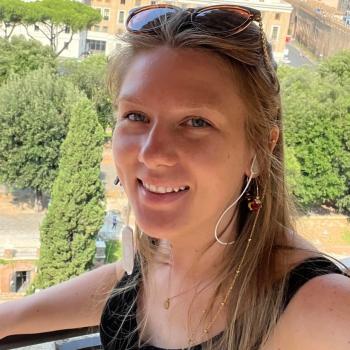The perinatal period as a window of opportunity for change and recovery? A study of mothers and relatives' accounts
Background: Substance use (SU) during the perinatal period presents multiple challenges, given the direct consequences of foetal exposure for infant health and development, alongside potential parenting difficulties. Consequently, children of substance-using parents are frequently separated from their parents and taken into the child welfare system, also causing adverse effects on infant health and development. Until now, most studies on pregnancy/parenting and maternal SU have traditionally adopted a deficit-oriented focus. But, not all women struggling with SU are unable to parent effectively and not all children of mothers with SU problems are (permanently) removed from their mothers. Indeed, motherhood is for many women with SU problems a motivation for recovery. Therefore, this study aims to explore the role of maternal and family strengths and recovery capital (RC) in promoting positive outcomes for both mothers and their children.
Methods: We planned 15 in-depth interviews with mothers who used illicit substances (including cannabis) during (early) pregnancy, are currently in SU recovery and living together with at least 1 own child under the age of 5. Mothers were recruited through services that support (pregnant) mothers with SU in Flanders (Belgium). Additionally, we conducted interviews with one professional and one relative supporting these mothers (n=45 in total). Interview questions covered living situations and experiences with SU, received care and support, parenting experiences, and recovery capital, during the perinatal period. All interviews were audio-taped, transcribed verbatim, and analyzed thematically using the theoretical framework of RC (personal, social, and community RC), with the goal to identify emerging factors contributing to the perinatal period as a Window of Opportunity.
Results: The study explored the experiences and perceptions of mothers with a history of SU and some social network members during the perinatal period. The results affirm the role of diverse types of recovery capital, highlighting the importance of social support, improved (mental) health, stable housing, controlled/stabilized SU, revised identities, specialist treatment, and partner/family/network support to successfully parent their child and work toward recovery. Further, the meaning of 'good enough parenting' was explored in relation to contacts with child welfare services.
Conclusion: The narratives underscore the notion of the perinatal period as a potential 'Window of Opportunity' and emphasize the necessity of adopting more strengths-based approaches to maternal SU to overcome stigma and remove barriers to appropriate pre-and postnatal support for mothers with SU. These findings may help to inform policymakers, services and society at large to look at this complex issue in different ways.
